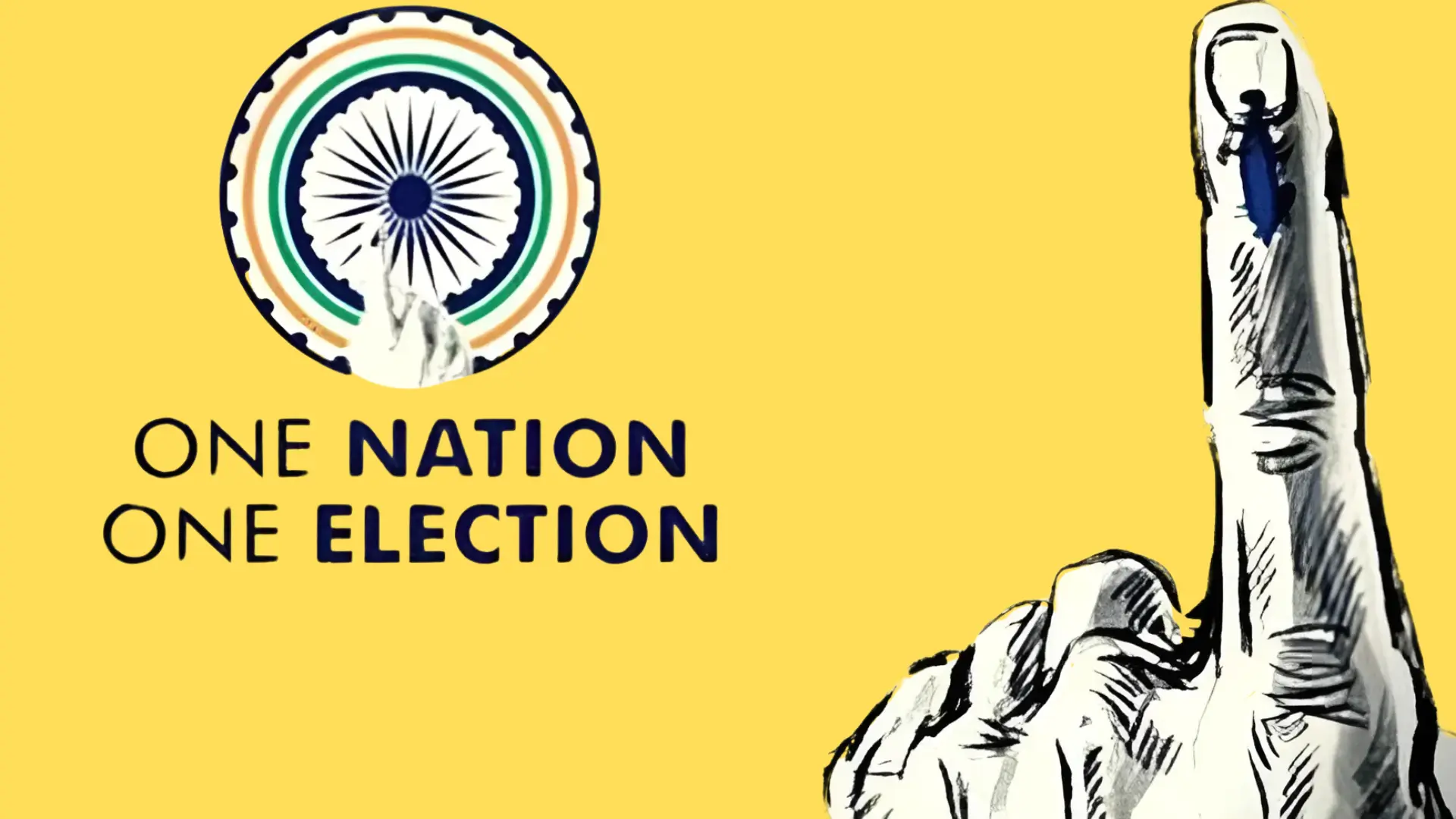The Indian government is preparing to introduce its ambitious “One Nation One Election” initiative, a plan that aims to synchronize national and state elections across the country. This initiative is designed to streamline electoral processes, save time, money, and resources, and ensure smoother governance. The bill for this significant reform is expected to be introduced in the ongoing parliamentary session.
The Cabinet has already approved the Ram Nath Kovind Committee’s report, which forms the basis of the proposed bill. However, the government is keen to build consensus on this issue, as it plans to refer the bill to a Joint Parliamentary Committee (JPC) for further discussions. The JPC will include representatives from various political parties, as well as intellectuals and state assembly speakers from across the nation. This collaborative approach is aimed at gaining public opinion and ensuring that the voices of all stakeholders are considered before moving forward with such a significant change.
Constitutional Challenges Ahead
The implementation of “One Nation One Election” will require amendments to at least six constitutional bills. This is no small feat, as the changes require a two-thirds majority in both houses of Parliament. While the National Democratic Alliance (NDA) holds a simple majority in both the Lok Sabha and Rajya Sabha, the task of securing a two-thirds majority is daunting.
In the Rajya Sabha, the NDA currently holds 112 out of 245 seats, while the opposition commands 85 seats. To secure the necessary majority, the government needs at least 164 votes. In the Lok Sabha, the NDA controls 292 out of 545 seats, but to meet the two-thirds requirement, they would need 364 votes. These numbers may fluctuate depending on the members present and voting during sessions.
Opposition’s Concerns
The government defends the idea of simultaneous elections by arguing that they will save time, money, and effort compared to holding separate elections for the central and state governments. Additionally, they point out that simultaneous elections would eliminate the disruptions caused by the Model Code of Conduct, which halts development work in the lead-up to elections.
However, opposition parties have raised several concerns regarding the practicality of simultaneous elections. They argue that the logistical challenges faced by the Election Commission during state elections make this proposal difficult to implement. The opposition also views simultaneous elections as undemocratic and unconstitutional, fearing that it would complicate the electoral process and weaken democratic principles.
Kovind Report Recommendations
The Kovind Committee’s report suggests that bipartisan support must be built for the initiative and that a nationwide consensus is necessary. It also recommends that the plan should not be implemented before 2029 to allow adequate time for preparation and discussions among all stakeholders. Despite the obstacles, the government remains committed to pursuing this initiative, believing that it will lead to more efficient governance across India.
The “One Nation One Election” initiative is a bold step towards reforming India’s electoral system. However, the challenges of securing political support, overcoming constitutional hurdles, and addressing opposition concerns present significant barriers. As discussions unfold, the outcome of this initiative will depend on the government’s ability to unite the political spectrum and build a consensus that addresses the concerns of all stakeholders.




